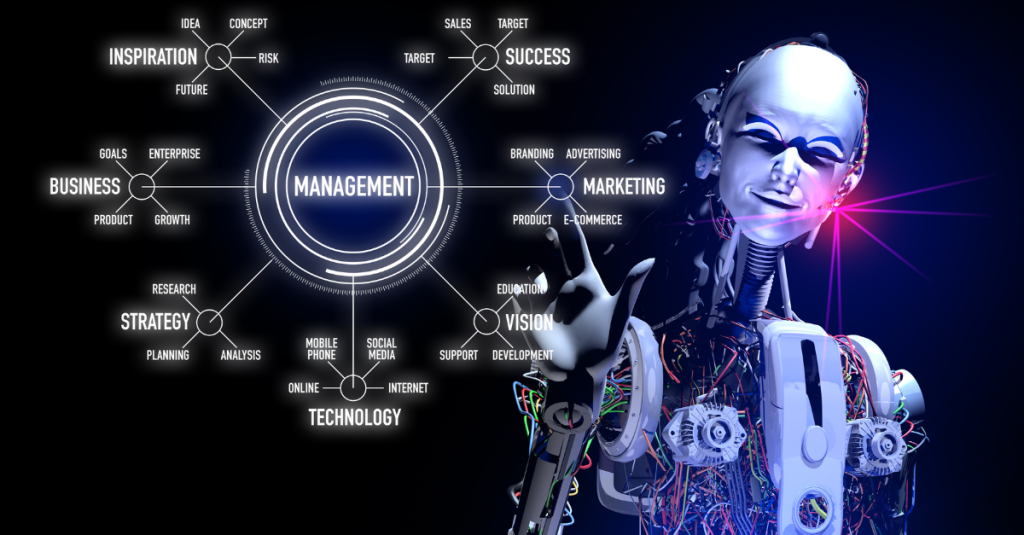Artificial intelligence (AI) has emerged as a game-changer for businesses across industries, offering unprecedented opportunities for innovation and growth. By simulating human intelligence through machine learning algorithms and data analytics, AI enables businesses to automate tasks, optimize processes, and make data-driven decisions with precision and efficiency.
One of the primary benefits of AI in business is its ability to enhance productivity and efficiency. From automating routine tasks to streamlining complex workflows, AI-powered solutions can help businesses accomplish more with less effort and resources. Whether it’s automating customer service inquiries, processing large volumes of data, or optimizing supply chain logistics, AI enables organizations to operate more efficiently and focus on strategic initiatives.
Moreover, AI enables businesses to unlock valuable insights from vast amounts of data, driving informed decision-making and strategic planning. By analyzing patterns, trends, and correlations in data, AI algorithms can identify hidden opportunities, predict future outcomes, and optimize business processes. Whether it’s predicting customer behavior, optimizing marketing campaigns, or identifying market trends, AI-powered analytics empower businesses to stay ahead of the curve and capitalize on emerging opportunities.

Additionally, AI has the potential to revolutionize customer experiences by delivering personalized, tailored interactions at scale. From recommendation engines to virtual assistants and chatbots, AI-powered solutions enable businesses to engage with customers in more meaningful and impactful ways. By understanding individual preferences and behaviors, businesses can deliver personalized recommendations, offers, and support, fostering customer loyalty and satisfaction.
However, despite its immense potential, AI also poses significant challenges and considerations for businesses. Ethical concerns surrounding data privacy, bias in algorithms, and job displacement are important factors that organizations must address when deploying AI solutions. Moreover, ensuring the reliability, security, and transparency of AI systems is crucial to building trust and mitigating risks associated with AI implementation.
In essence, artificial intelligence presents both opportunities and challenges for businesses seeking to innovate and thrive in the digital age. By harnessing the power of AI to enhance productivity, unlock insights, and personalize customer experiences, businesses can gain a competitive edge and position themselves for success in an increasingly AI-driven world.











